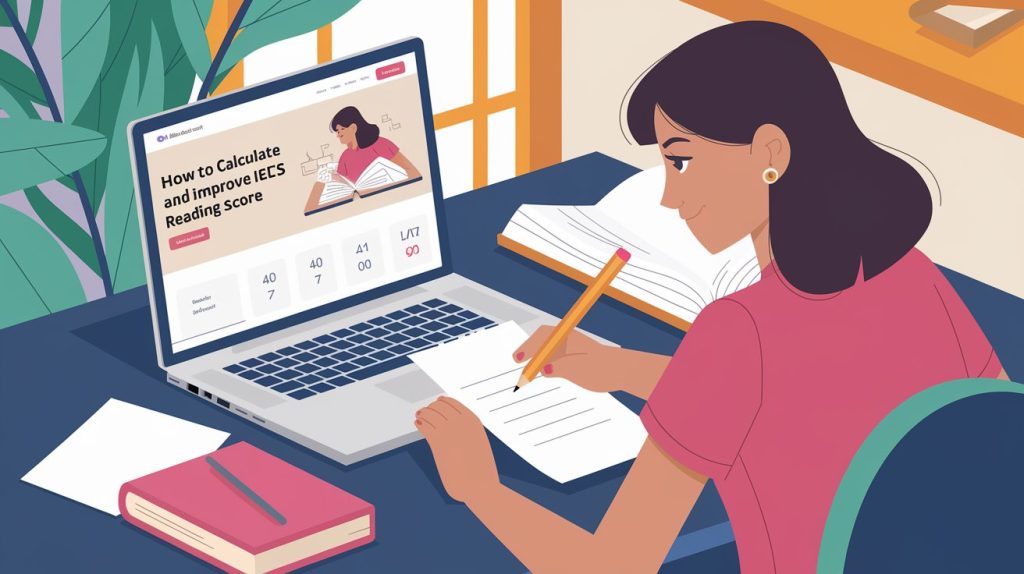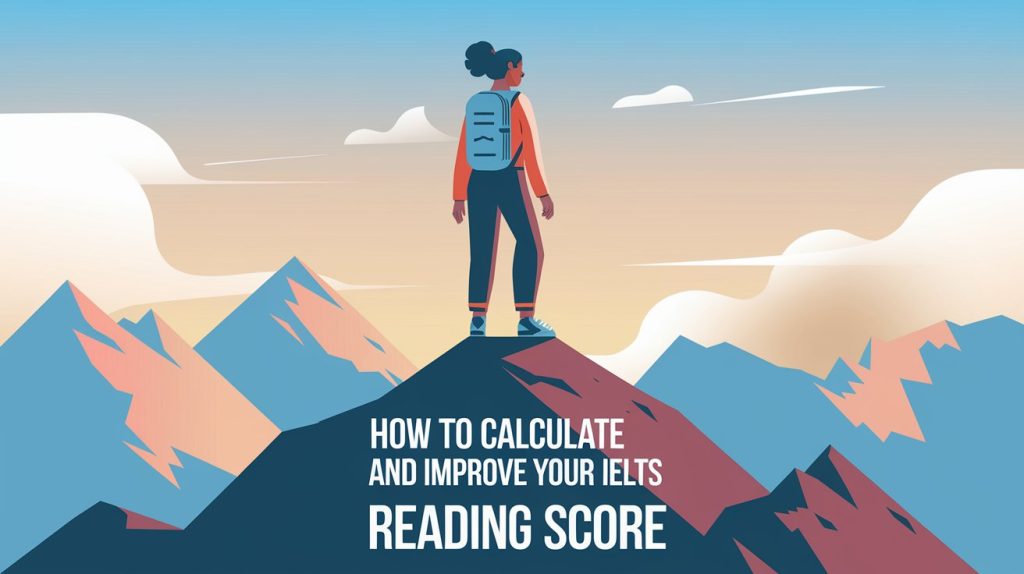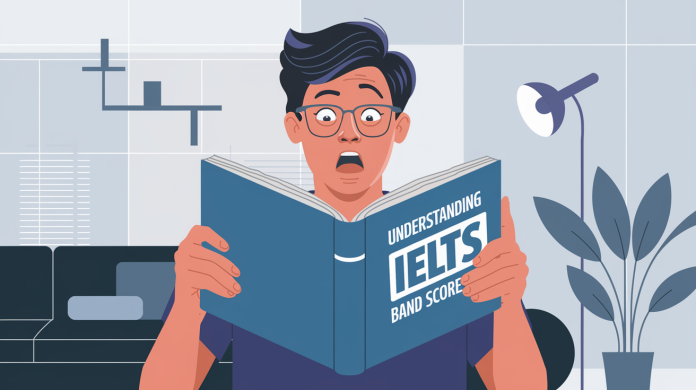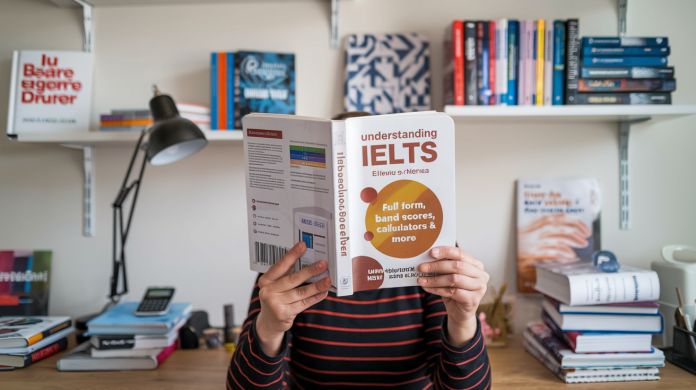Understanding IELTS Reading Scores: Your Ultimate Guide

The IELTS Reading test evaluates your ability to understand written English. It includes 40 questions based on various text types, such as descriptive, argumentative, or factual content. The test is divided into two formats:
- Academic Reading: Focused on complex texts from journals, books, and articles.
- General Training Reading: Includes everyday texts like advertisements, manuals, and notices.
How Are IELTS Reading Scores Calculated?
Your score is determined by the number of correct answers out of 40 questions. Each correct answer earns 1 point, which is then converted into a band score ranging from 0 to 9.
| Band Score | Raw Score Range (Academic) | Raw Score Range (General) |
|---|---|---|
| 9 | 39-40 | 40 |
| 8 | 35-38 | 37-39 |
| 7 | 30-34 | 34-36 |
| 6 | 23-29 | 30-33 |
| 5 | 15-22 | 23-29 |
Band Descriptors
Each band score reflects a specific level of proficiency:
- Band 9: Expert user with complete command of the language.
- Band 7: Good user with occasional inaccuracies.
- Band 5: Modest user with partial command of English.

Key Differences Between Academic and General Training
While both formats use the same scoring scale, the difficulty levels vary:
- Academic texts: More complex and require a deeper understanding.
- General Training texts: Simpler but may require more correct answers to achieve the same band score.
Tips to Improve Your IELTS Reading Score
If you want to boost your IELTS Reading score, follow these tips:
- Practice Regularly: Use sample tests to familiarize yourself with question types.
- Skim and Scan: Quickly identify key information in passages.
- Expand Vocabulary: Focus on academic and general English terms.
- Time Management: Allocate time wisely across all sections.
- Follow Instructions: Adhere to word limits in answers.
Common Question Types in IELTS Reading Test
- Multiple Choice
- Matching Information
- Sentence Completion
- True/False/Not Given
- Diagram Label Completion
FAQs About IELTS Reading Scores
What is a good IELTS Reading score?
A score of Band 7 or higher is generally considered good for academic or professional purposes.
How can I calculate my band score?
You can calculate your band score by using your raw score (correct answers) and referring to the official conversion chart.
Is there a difference in scoring between Academic and General Training?
No, both use the same scale, but raw scores required for each band may differ.
What happens if I leave an answer blank?
You receive no marks for unanswered questions, so attempt every question.
Can I improve my reading score quickly?
You can improve your reading score within weeks by focusing on weak areas and practicing effective strategies.



